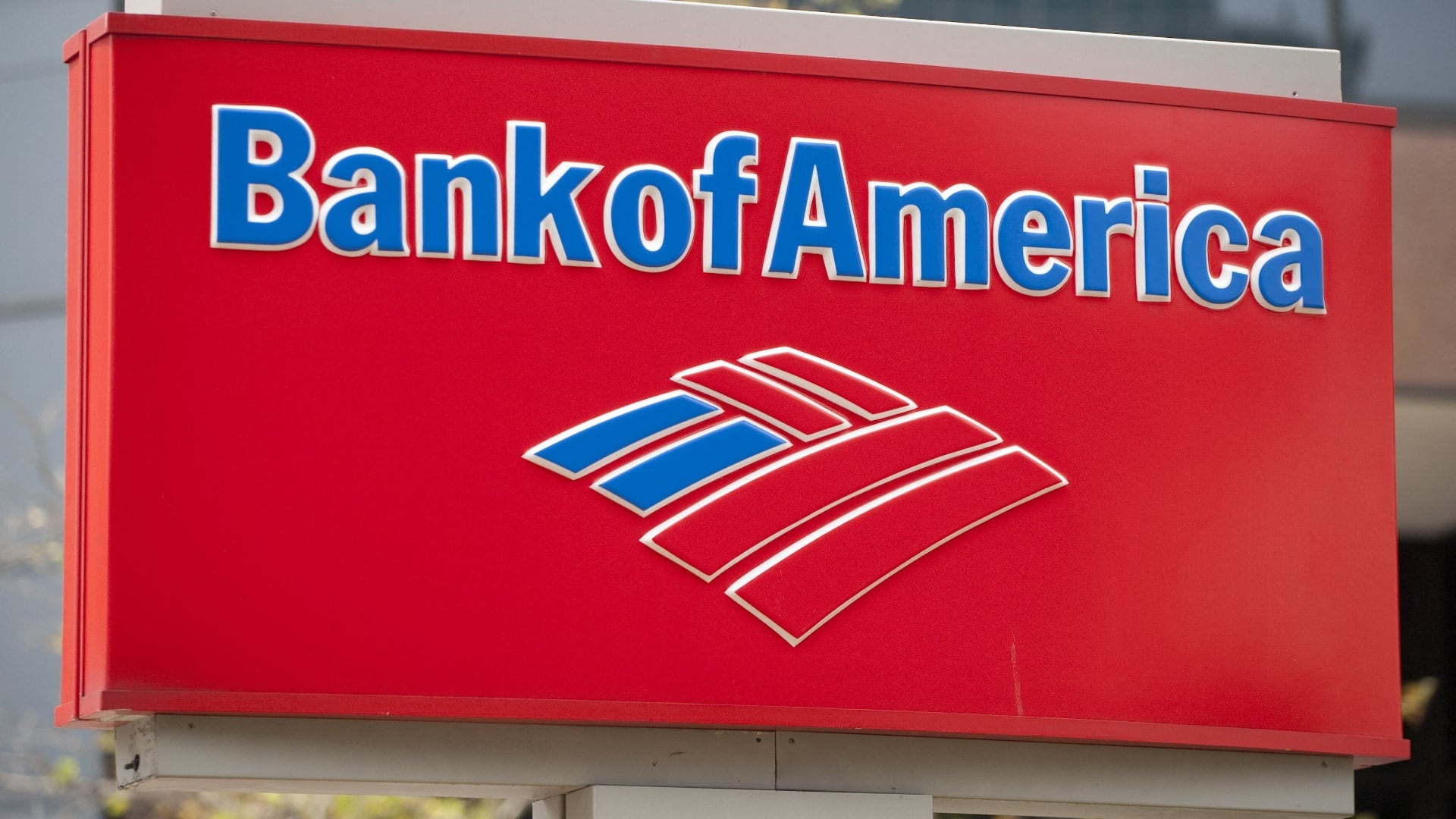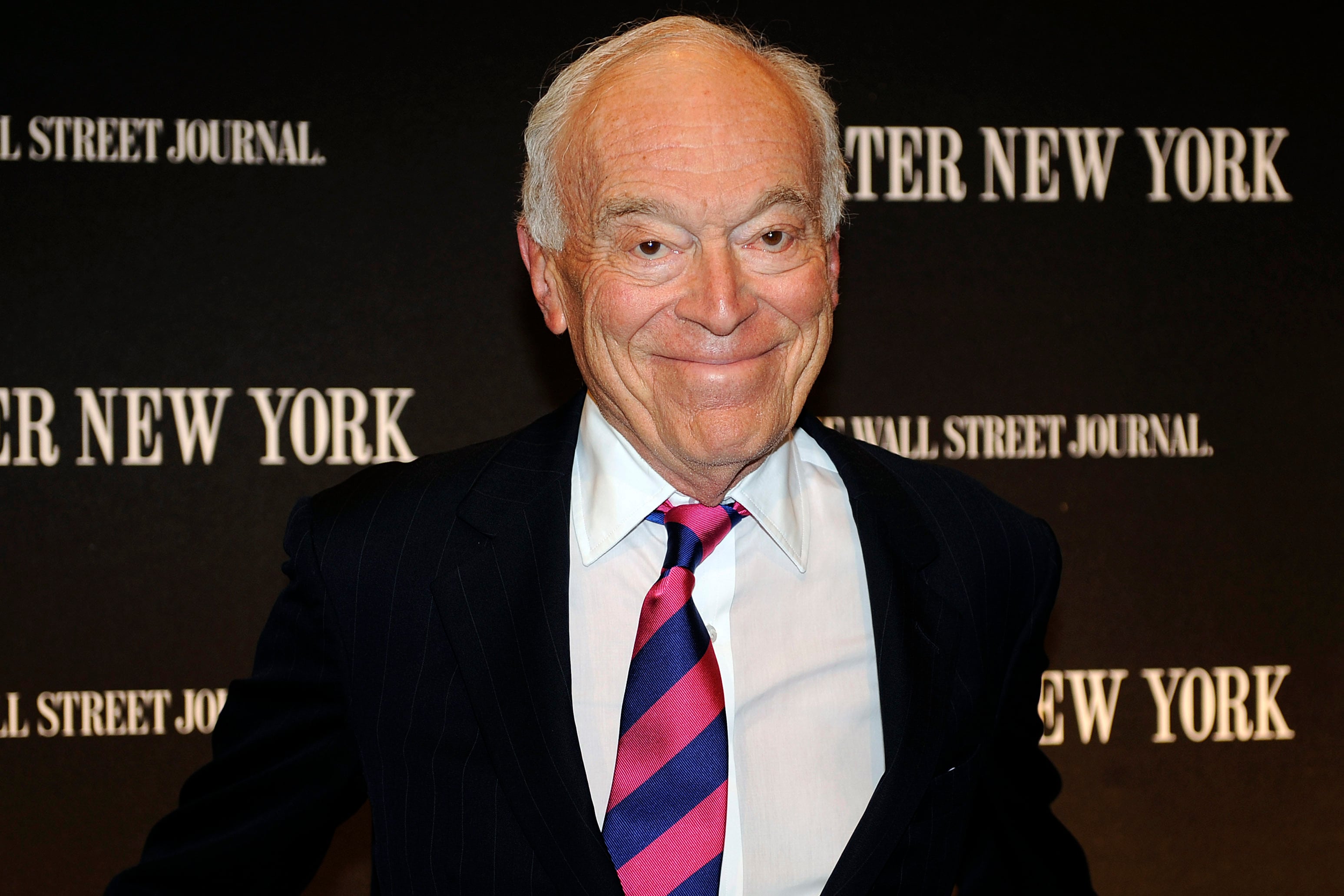Global oil markets are swooning from the coronavirus epidemic.
Amid canceled flights to China, quarantines, the closure of tourist destinations like Macau, and other global travel restrictions, benchmark oil prices – already anemic from lackluster global demand and booming supply – have plummeted.
Brent crude oil, the benchmark for U.S. gasoline prices, on Tuesday morning was hovering around $54 a barrel, down 5 percent from just a week ago and more than 20 percent from the start of the year.
Similarly, West Texas Intermediate, or WTI, the benchmark for U.S. oil production, briefly dipped below $50 on Monday from $63 just a month ago.
The price drops signal yet more hard times ahead for oil producers around the world, including the U.S., where the shale oil production that's fueled the country's fossil fuel boom – reliant on hydraulic fracturing and horizontal drilling – tends to be more expensive than conventional drilling.
On Tuesday, BP's CFO told Bloomberg that the company expects daily oil demand to sink by as much as 500,000 barrels per day as a result of the coronavirus. And that's the good news: Chinese officials this weekend reported that the country's oil demand has fallen by as much as 3 million barrels per day, although some analysts have greeted the numbers with skepticism.
"There's a lot of uncertainty over how the coronavirus and China's reaction to it will impact Chinese economic growth and thus oil demand. My take is we're in for a lot of volatility as a result," said Ellen Wald, president of Transversal Consulting and a senior fellow at the Atlantic Council Global Energy Center.
Meanwhile, the economic benefits that typically help offset the pain of cheap oil prices – lower costs for freight and petrochemical manufacturing, for example – aren't expected to materialize amid the shipping and tourist shutdowns sparked by the coronavirus
"Lower oil prices are good for transportation, but the coronavirus is impacting the Chinese economy across the board. Less economic activity means less demand for shipping in general, so it doesn't matter that the fuel is cheap if no one is chartering the ships," Wald said.
Already, benchmark oil prices were hovering around what might have once been considered an unusual low, but which has now become the new normal for energy markets: While Brent crude once reliably fetched more than $100 a barrel between 2010-2014, persistent concerns about a potential sudden dropoff in demand – fueled by fears of a global recession and sluggish economic growth in Asia – combined with the U.S. oil boom of the past decade have kept prices in the high-$50s and mid-$60s.
Even periodic missile exchanges with Iran, which once would have shot prices past $110 a barrel, barely sent prices higher than $70.
That's posed a challenge for U.S. shale producers, which, as recently as 2015, had a costly break-even price of $68, according to Rystad Energy, a consulting firm. More recently, the break-even price, through efficiencies and technological advances, has fallen to $50 a barrel – a 25-percent drop in cost. That had spurred oil producers to start bringing more rigs back online in recent weeks. But the upswing in U.S. drilling activity, occurring amid the coronavirus outbreak, could not have had worse timing.
"It's bad timing, and bad signaling – because those units aren't producing too much right now, but it's signaling increased production going forward. So the coronavirus and the signal that operators are sending are both going to depress market sentiments," said Steve Kopits, managing director of Princeton Energy Advisors.
OPEC and its ally, Russia, are reportedly considering instituting a production cut to shore up prices. And while slumping oil markets in 2003 rebounded relatively quickly after the SARS outbreak, the dynamics then were also largely driven by the U.S. invasion of Iraq. The effects of the coronavirus, in other words, might be felt in oil markets even after the epidemic is contained.
However, U.S. markets overall may well be insulated from deeper economic effects from the coronavirus.
"Trade with China as a share of GDP isn't that big. The country's largely self-sufficient, most of the markets are in good shape, the housing market is pretty tight – the country in terms of the fundamentals is pretty OK," Kopits said. "We might get a quarter of weak growth. But if this runs through and burns out in two to three months, it shouldn't have a major effect on the U.S."













